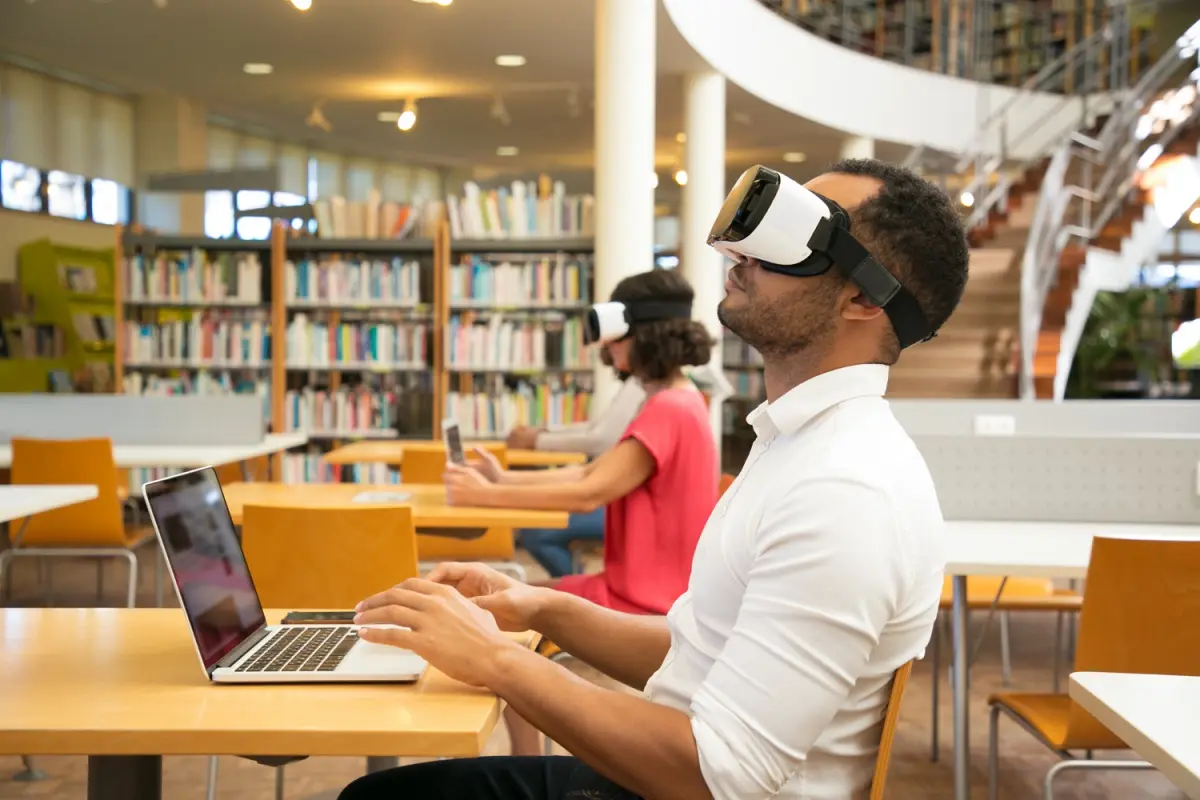

The Impact of Technology on Education: Pros and Cons
 Erokra
Erokra
 September 11, 2023
September 11, 2023

In today's rapidly evolving digital age, technology has permeated every aspect of our lives, including education. From interactive smartboards in classrooms to online learning platforms, technology has revolutionized the way we teach and learn. However, like any powerful tool, it comes with its own set of pros and cons. In this blog post, we'll delve into the impact of technology on education, exploring both the advantages and disadvantages it brings to the table.
Pros of Technology in Education:
-
Enhanced Learning Experience: Technology has made learning more engaging and interactive. Multimedia elements, such as videos and animations, can help students grasp complex concepts easily.
-
Access to Information: The internet has opened up a world of knowledge to students. With just a few clicks, they can access a wealth of information, enhancing their research skills.
-
Personalized Learning: Adaptive learning platforms and educational software can tailor content to individual students, catering to their unique strengths and weaknesses.
-
Global Connectivity: Technology has bridged geographical barriers, allowing students to connect with peers, experts, and resources worldwide, fostering a global perspective.
-
Improved Teacher Efficiency: Teachers can use technology to automate administrative tasks, giving them more time to focus on instruction and individualized support.
Cons of Technology in Education:
-
Digital Divide: Not all students have equal access to technology and the internet, leading to a digital divide that can exacerbate educational inequalities.
-
Distraction: The same devices that facilitate learning can also be major distractions. Social media, gaming, and other non-educational content can divert students' attention.
-
Privacy Concerns: With the collection of data on students' online behavior, there are legitimate concerns about the privacy and security of their personal information.
-
Depersonalization: Overreliance on technology can lead to a depersonalized learning experience, with less face-to-face interaction between teachers and students.
-
Loss of Critical Skills: Technology can sometimes lead to a diminished focus on essential skills such as handwriting and mental arithmetic.
Reacent News
-

The Benefits of Extracurricular Activities for Student Development
September 11, 2023
-

How to Stay Organized and Manage Your Time in High School
September 11, 2023
-

10 Effective Study Techniques to Improve Your Grades
September 11, 2023




